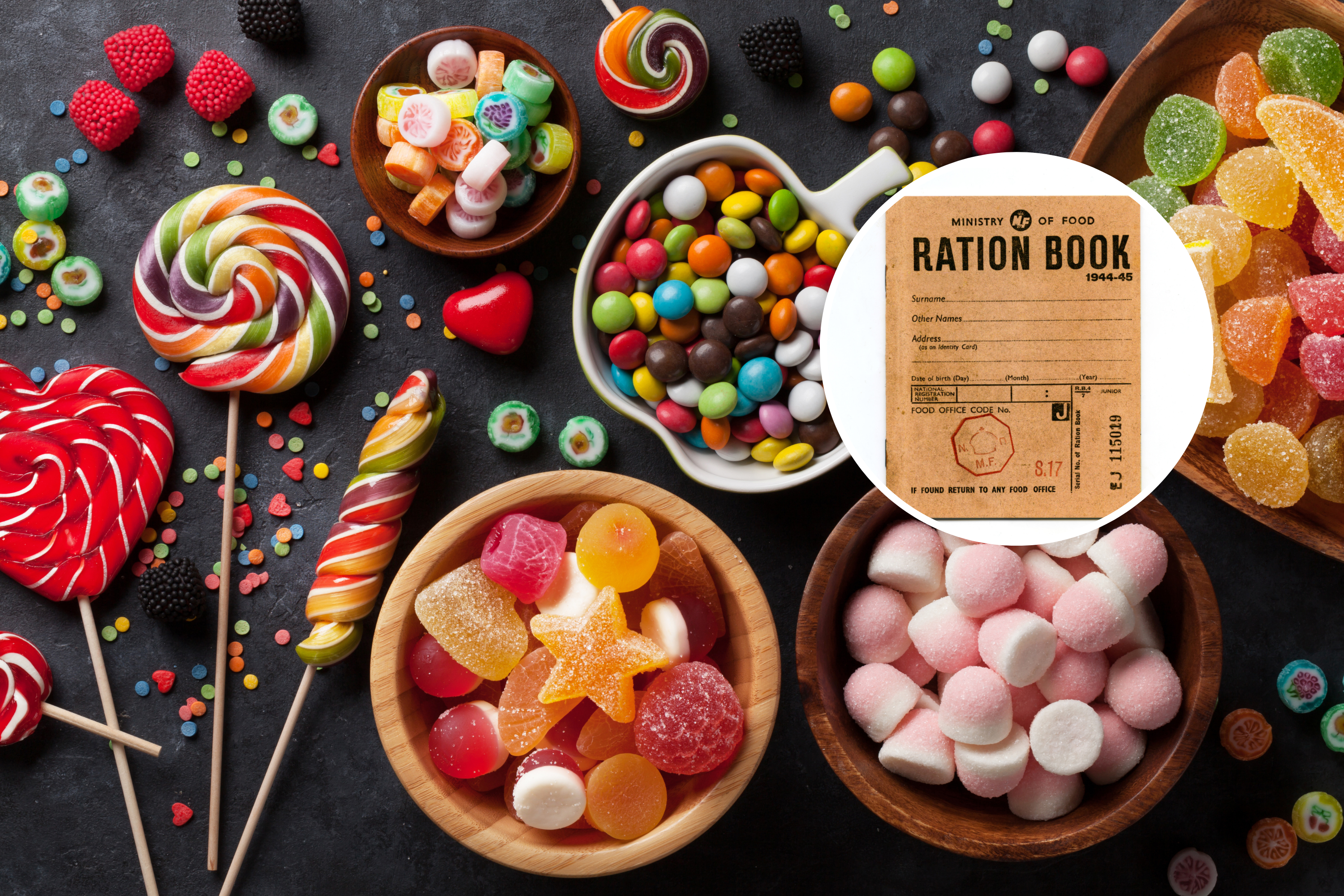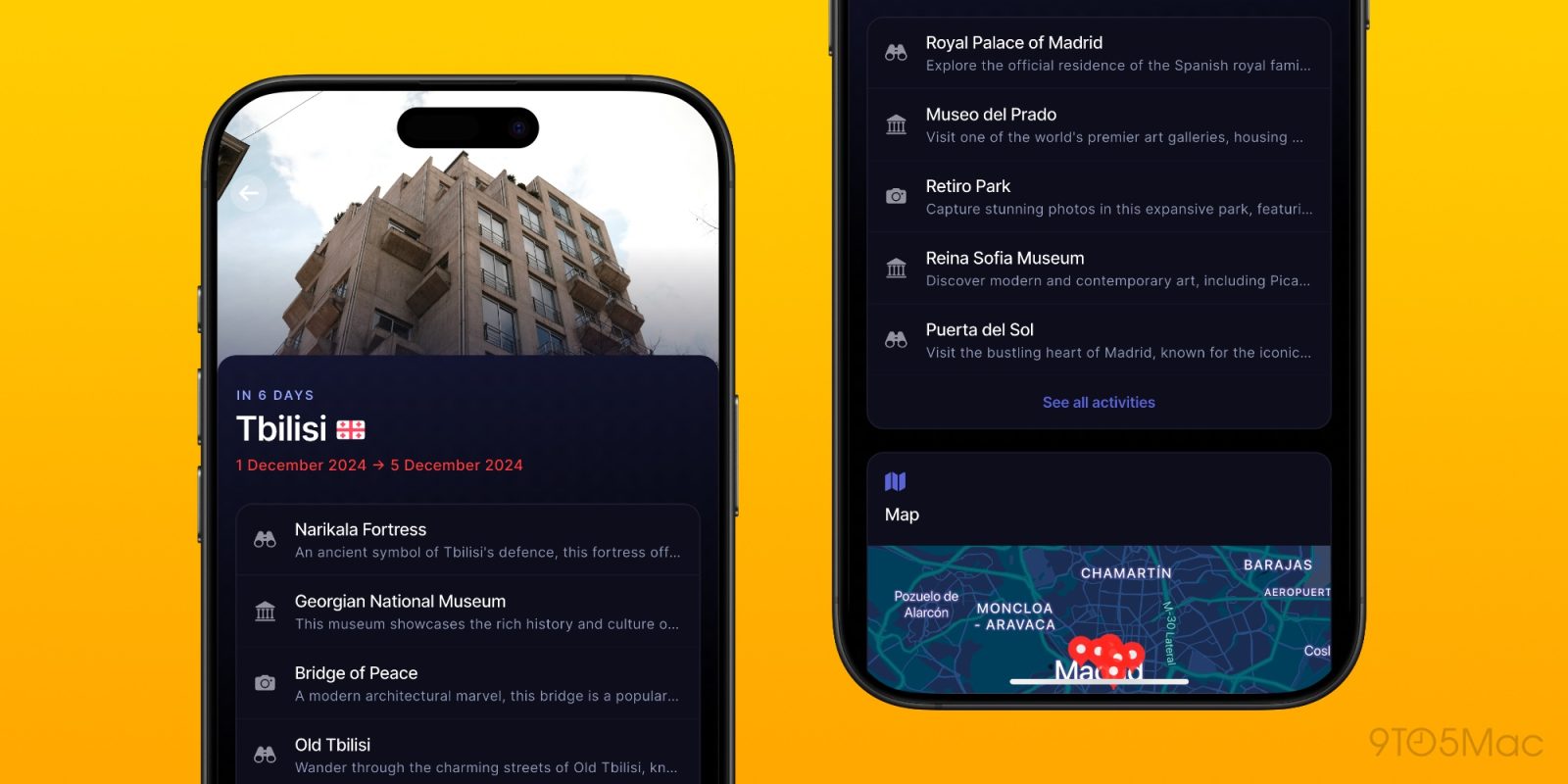A study on people born during and just after wartime sugar rationing in the United Kingdom has found that rationing was linked to a significantly lower risk of type 2 diabetes and high blood pressure later in life. Author of the study Tadeja Gracner, of the University of Southern California, Los Angeles, and his team found that the risk of developing type 2 diabetes was 35 percent lower among people who experienced rationed sugar and candy during the first 1,000 days of life—from gestation to age two—and the risk of developing high blood pressure was 20 percent lower, compared to those born after rationing. "Concerns are rising about future children's health as they consume excessive amounts of added sugars during critical development periods—but we don't really have much evidence on long-term causal effects," Gracner told Newsweek .
"It is incredibly challenging to find situations where people are randomly exposed to different nutritional environments. It is even more difficult when you think about that happening early in life and being followed long-term. "Sugar de-rationing in the U.
K. allowed us to address some of these challenges by leveraging plausible quasi-experimental periods." Type 2 diabetes is a metabolic disease in which the body struggles to process sugar with the hormone insulin, leading to fluctuations in blood sugar levels.
It affects approximately 11.6 percent of the U.S.
population (38.4 million people), according to the Centers for Disease Control an.


















